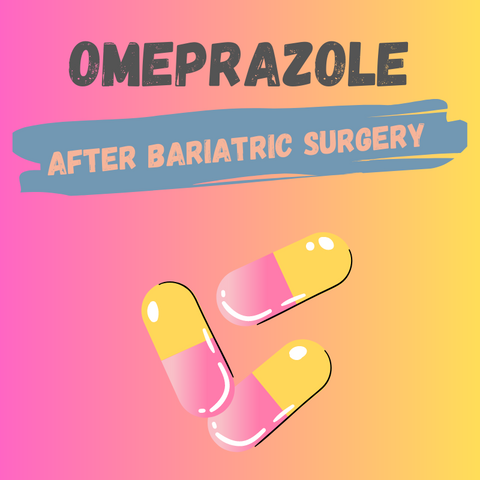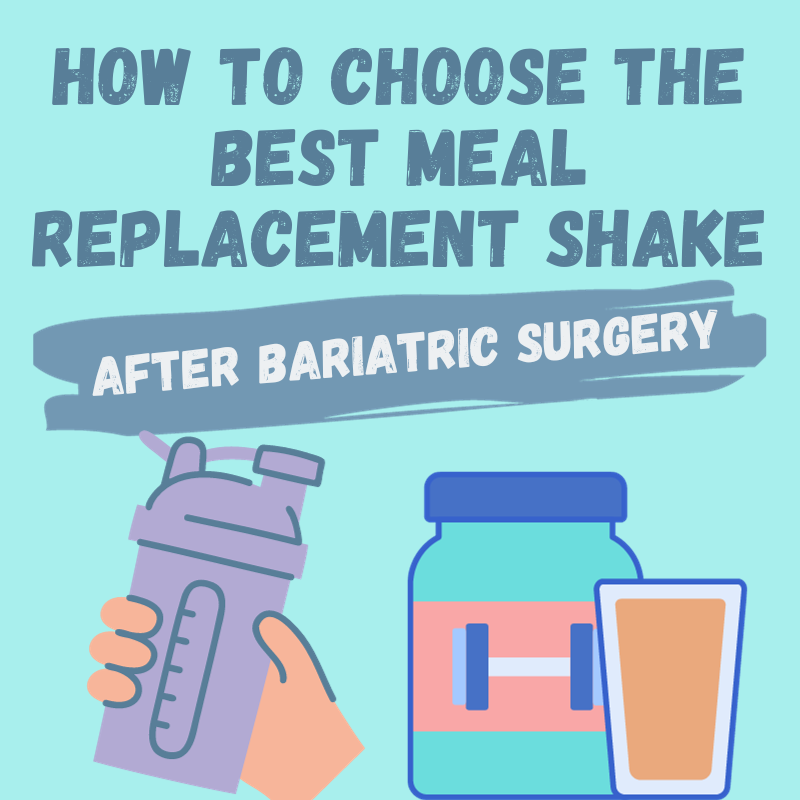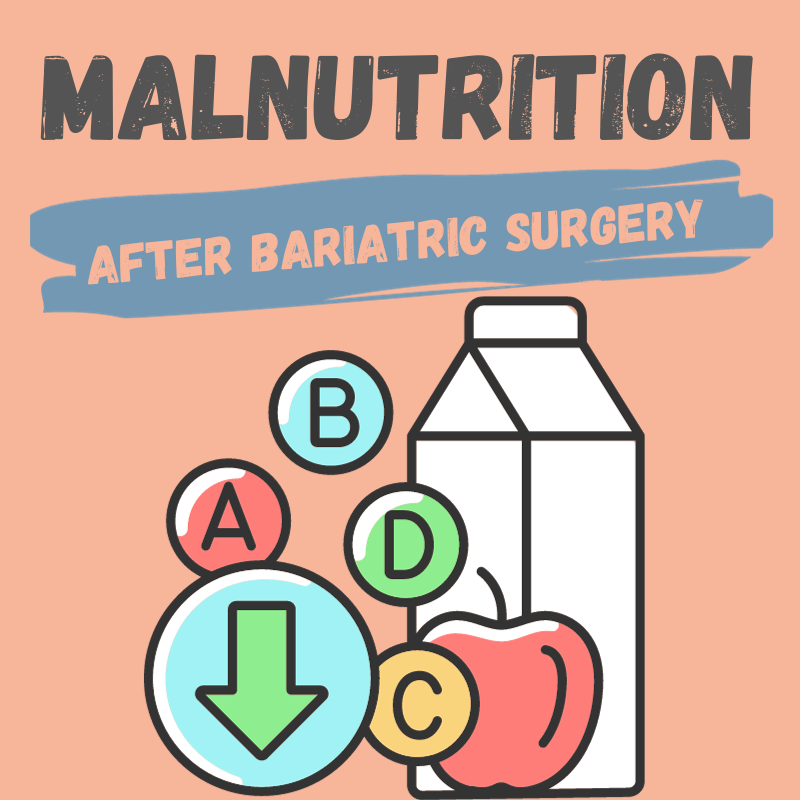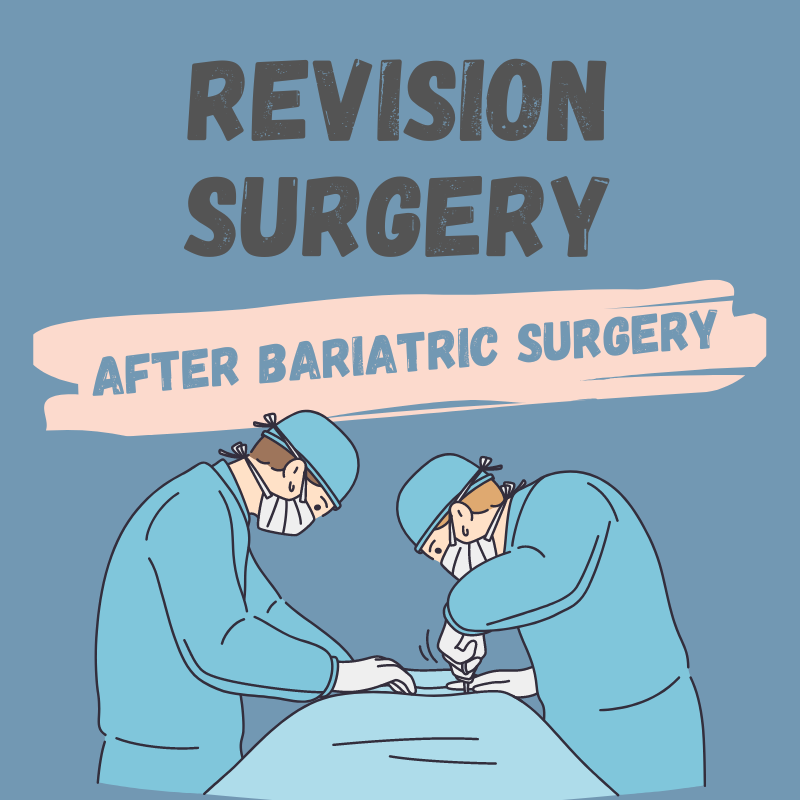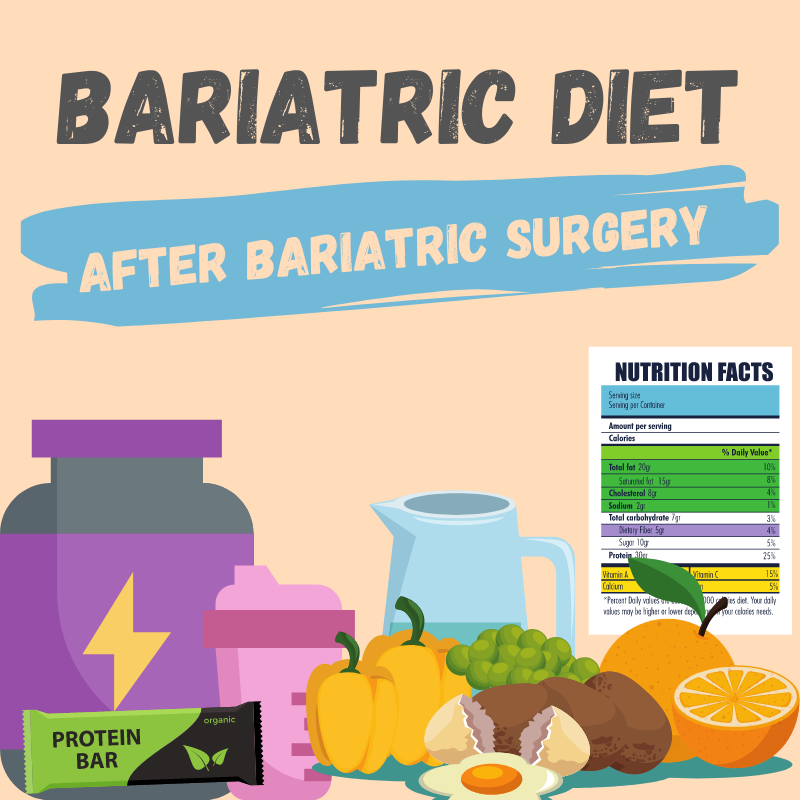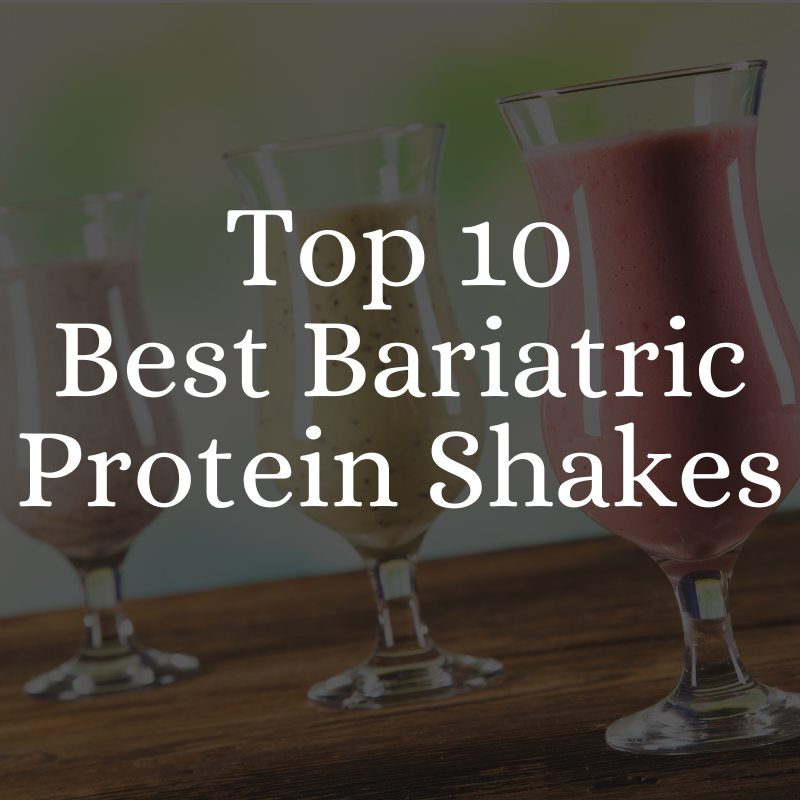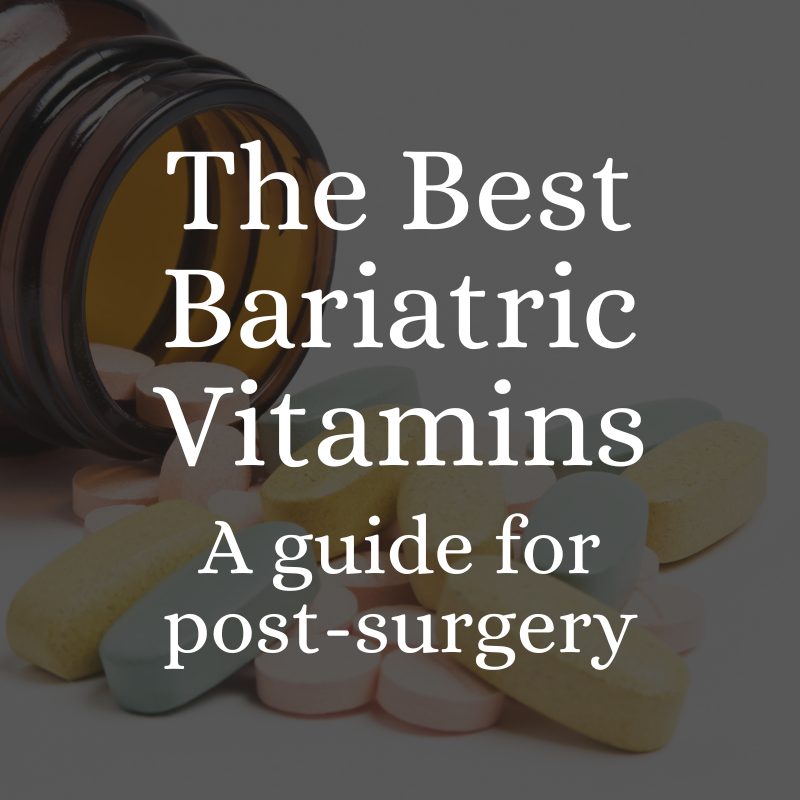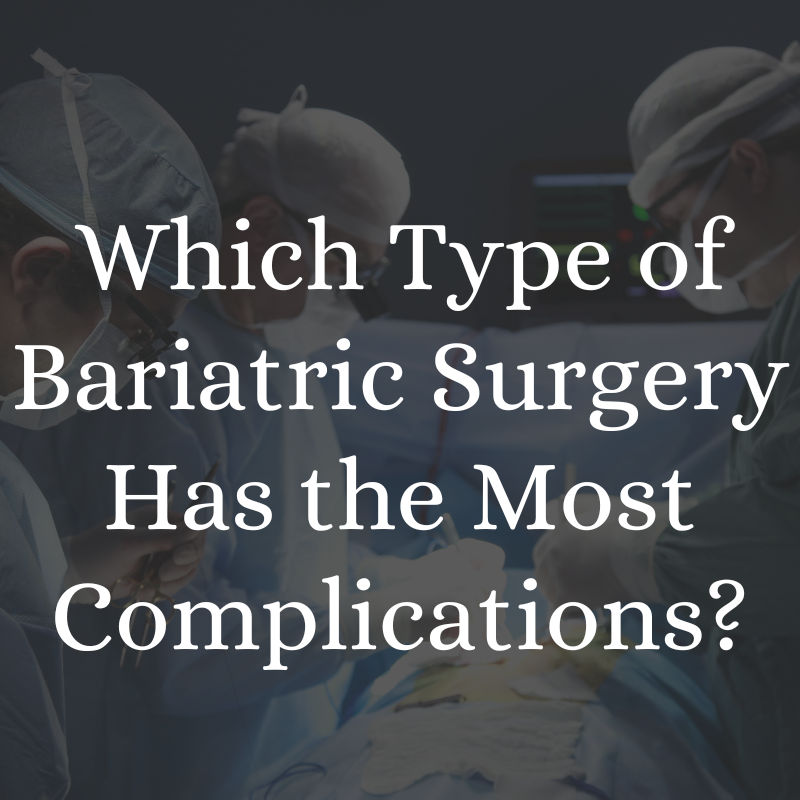Your cart is empty
Medication Management After Bariatric Surgery

Medication Management
Undergoing bariatric surgery is a life-changing event that requires not only changes in your lifestyle but also changes in the way you manage your medications. It's important to understand how your altered digestive system will affect the absorption of medications, which medications you'll need to take or avoid, and how to manage pain effectively after surgery.
How Changes in the Digestive System Affect Medication Absorption
After bariatric surgery, your digestive system undergoes significant changes that can impact how your body absorbs medications. The reduced stomach size, altered gastrointestinal pH, and bypassed intestinal segments all play a role in this process. These changes can affect the disintegration, dissolution, and absorption of medications, making it necessary for medical professionals to carefully consider the type and dosage of medications prescribed after bariatric surgery. Remember, the type of bariatric procedure you've had will also influence medication absorption.
Medications After Bariatric Surgery: Short and Long Term
Following bariatric surgery, you'll likely need to take several medications, both short-term and long-term, to support your health and recovery:
- Omeprazole: Omeprazole belongs to a class of drugs called proton pump inhibitors (PPIs). PPIs work by reducing the amount of acid produced in the stomach, which helps prevent ulcers in the digestive tract. You'll likely take omeprazole for six months after surgery or even indefinitely, as directed by your medical team. It’s important to follow the prescribed dosing and duration, as long-term use of PPIs can have potential side effects that need to be monitored.
- Ursodiol: Ursodiol is a bile acid that helps dissolve cholesterol gallstones. It works by reducing the production of cholesterol in the liver and promoting the breakdown of cholesterol in the gallbladder. This medication reduces the risk of developing gallstones during the rapid weight loss phase after surgery. You'll typically take this medication for six months, unless you've already had your gallbladder removed.
- Bariatric multivitamin: A specially formulated bariatric multivitamin ensures that you receive the right balance of vitamins and minerals to prevent deficiencies after surgery. These multivitamins typically contain higher levels of specific nutrients, such as vitamin B12, iron, and folic acid, which may be challenging to obtain in sufficient amounts from food alone. You'll need to take a bariatric multivitamin indefinitely to support your overall health and well-being.
- Calcium supplement: Your body's ability to absorb calcium may be reduced, increasing the risk of bone loss and fractures. A calcium supplement with added vitamins, such as vitamin D and vitamin K, enhances calcium absorption and helps maintain your bone health. You'll take this supplement indefinitely to make sure you receive the necessary calcium to support strong bones.
Medications to Avoid After Bariatric Surgery
Certain medications should be avoided after bariatric surgery, particularly nonsteroidal anti-inflammatory drugs (NSAIDs) like aspirin, ibuprofen, and naproxen. These medications can increase the risk of stomach ulcers. If you've had gastric bypass surgery, you should avoid NSAIDs indefinitely. However, if you've undergone a sleeve gastrectomy, you might be able to resume taking NSAIDs after the sleeve heals (about three months post-surgery), but always consult your bariatric surgery team first.
Forms of Medications To Take
After weight loss surgery, you'll need to modify the way you take some medications. Capsule, chewable, and liquid medications can be taken immediately after surgery. However, tablet medications should be broken up or crushed for the first three months to prevent them from getting stuck in the digestive tract or not being fully absorbed. Note that extended-release medications cannot be broken up, so your pharmacist will likely recommend suitable alternatives prior to surgery.
Pain Management After Surgery
Proper pain management is important after gastric bypass surgery to ensure a comfortable recovery and facilitate your return to daily activities. Your doctor will prescribe appropriate pain medications, taking care to ensure effective pain relief while minimizing potential complications. Here are some key aspects of pain management after gastric bypass surgery:
- Types of pain medications: Your doctor may prescribe a combination of pain medications, including acetaminophen, opioids, and non-opioid analgesics. Acetaminophen is a mild pain reliever and fever reducer that can be used for moderate pain. Opioids, such as oxycodone or hydrocodone, are stronger pain medications reserved for more severe pain but should be used with caution due to their potential for dependence and other side effects. Non-opioid analgesics, like tramadol, may also be used for moderate to moderately severe pain as a safer alternative to opioids.
- Nonsteroidal anti-inflammatory drugs (NSAIDs): After gastric bypass surgery, you should avoid NSAIDs, such as aspirin, ibuprofen (Motrin, Advil), and naproxen (Aleve), as they can increase the risk of stomach ulcers. If you had a sleeve gastrectomy procedure, you might be able to resume taking NSAIDs after the sleeve heals (about three months after surgery), but consult your bariatric surgery team first.
- Multimodal pain management: Your doctors may employ a multimodal pain management approach, which involves using a combination of medications and non-pharmacological interventions to optimize pain relief. This can include medications like acetaminophen, opioids, and non-opioid analgesics, along with methods such as ice packs, relaxation techniques, and physical therapy. This approach aims to minimize the use of opioids while maximizing pain relief and reducing side effects.
- Communication with your medical team: It's important to follow your doctor's recommendations and report any concerns or side effects quickly. Make sure to let them know if your pain is not well-controlled or if you're experiencing any side effects from the medications. They may adjust your medications or provide additional support to help manage your pain effectively.
- Tapering off pain medications: As you recover from surgery, your pain levels will likely decrease, and you'll need less pain medication. Your doctors will guide you on how to taper off your pain medications safely and gradually, reducing the risk of withdrawal symptoms or medication dependence.
Regular Checkups With Your Doctor
Maintaining regular checkups with your doctor after bariatric surgery is important for monitoring your progress, ensuring optimal healing, and making necessary adjustments to your medications and overall care. Here are some important aspects of maintaining regular checkups with your doctor:
- Frequency of visits: During the first year after your surgery, you may have more frequent visits to your doctor, such as at one month, three months, six months, and then annually. These visits will help your doctor monitor your weight loss, nutritional status, and overall health. The frequency of your checkups may vary based on your individual progress and needs.
- Medication adjustments: As you lose weight and your body undergoes changes, your doctor may need to adjust your medications, such as those for high blood pressure, diabetes, or other conditions. These adjustments are essential for ensuring that you're taking the correct dosages and avoiding potential complications.
- Monitoring for nutritional deficiencies: Bariatric surgery can affect the absorption of vitamins and minerals, increasing the risk of nutritional deficiencies. Regular checkups allow your doctor to monitor your nutritional status and make recommendations for supplements or adjustments to your diet as needed. To learn more on nutrition after bariatric surgery, visit this Complete Guide to Eating and Nutrition After Bariatric Surgery.
- Assessing mental health: Weight loss surgery can have a significant impact on your mental health, and it's essential to address any emotional or psychological challenges that may arise during your recovery. Regular checkups provide an opportunity for your doctor to assess your mental well-being and recommend support groups or mental health care if necessary.
- Tracking progress and setting goals: Regular checkups allow you and your doctor to track your progress, celebrate your successes, and set realistic goals for your weight loss journey.
- Addressing any complications or concerns: Regular visits with your doctor give you the opportunity to discuss any concerns or symptoms you may be experiencing. You can address potential complications early, ensuring your safety and well-being throughout your weight loss journey.
Conclusion
Managing medications after bariatric surgery is such an important part of your recovery and long-term health. Keep in touch with your primary care provider and other specialists regularly after surgery, as rapid weight loss can necessitate frequent adjustments to medications for conditions such as high blood pressure and diabetes.
Being well-informed and proactive in managing your medications after bariatric surgery will help ensure your safety, improve your recovery, and support your long-term health. Always talk with your doctors about any concerns or questions you may have, and be diligent in sticking to their recommendations.
Bariatric Guides & Information
More Info
Customer Favorites
- Choosing a selection results in a full page refresh.

